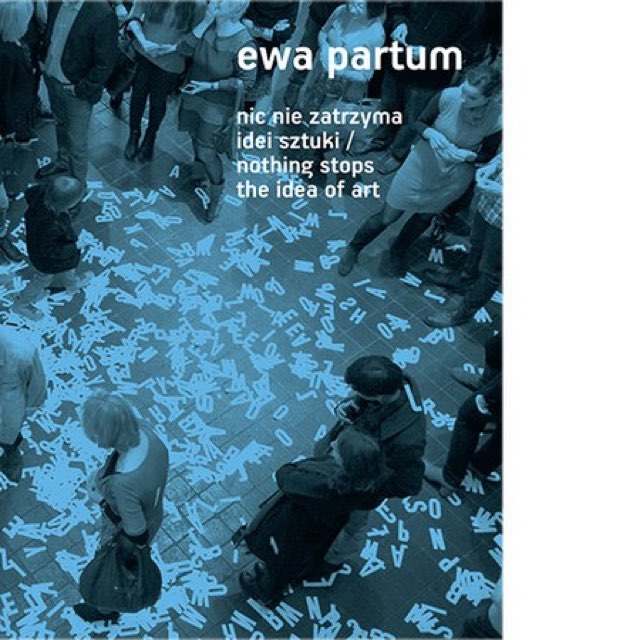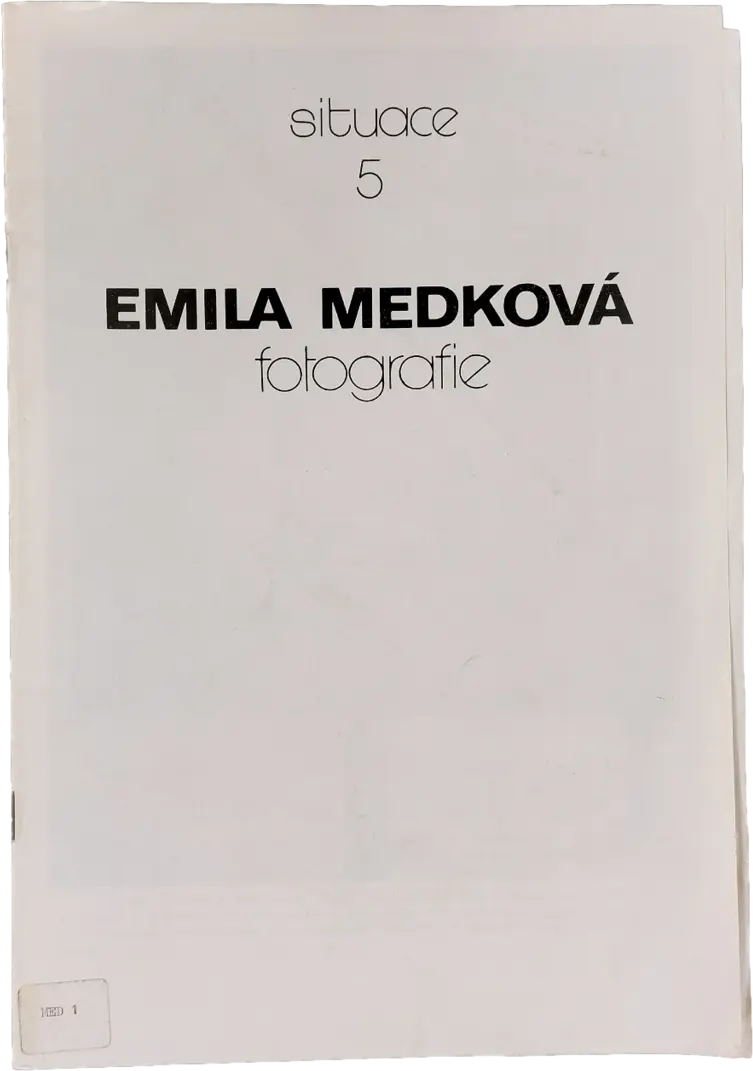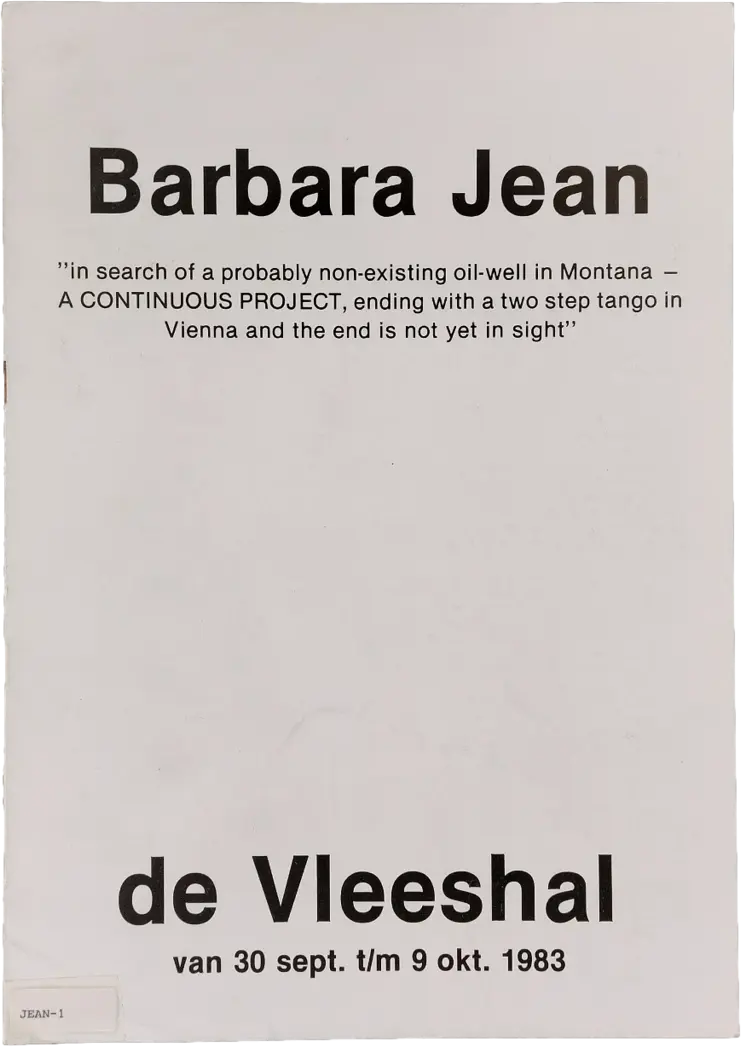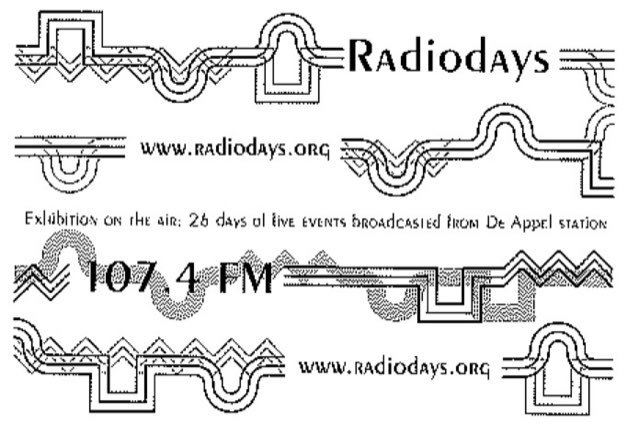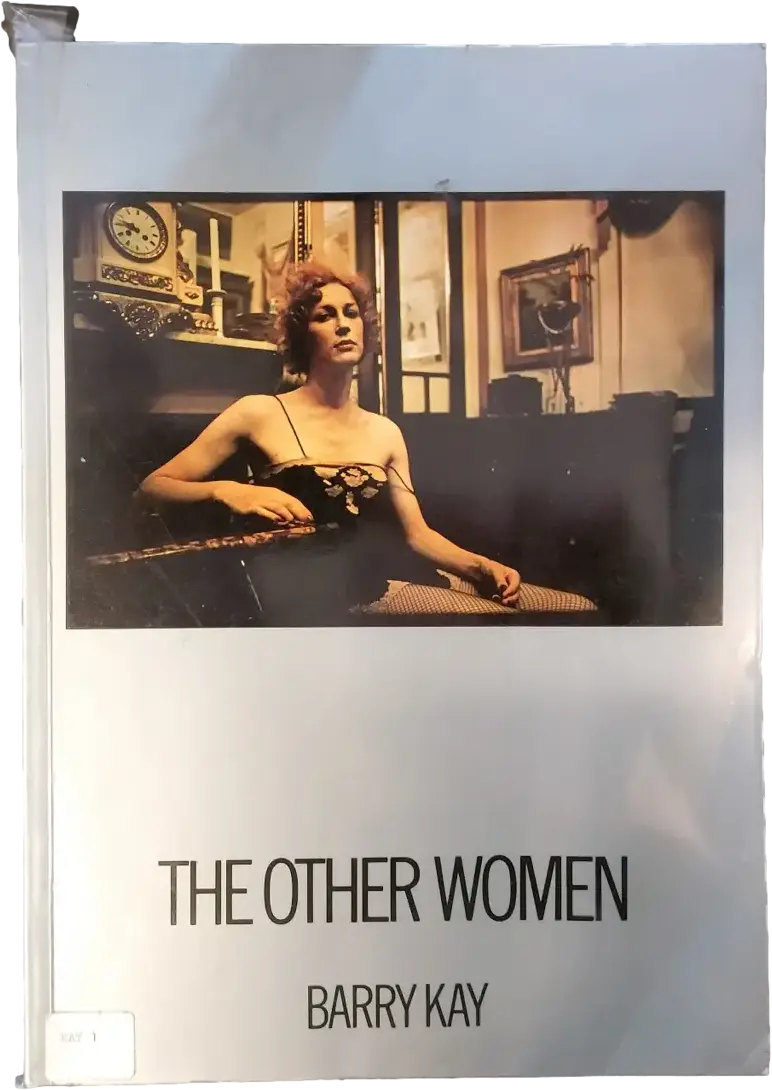Emma Wolf-Haugh – Domestic Optimism
12:00–18:00
de Appel, Schipluidenlaan 12, Amsterdam
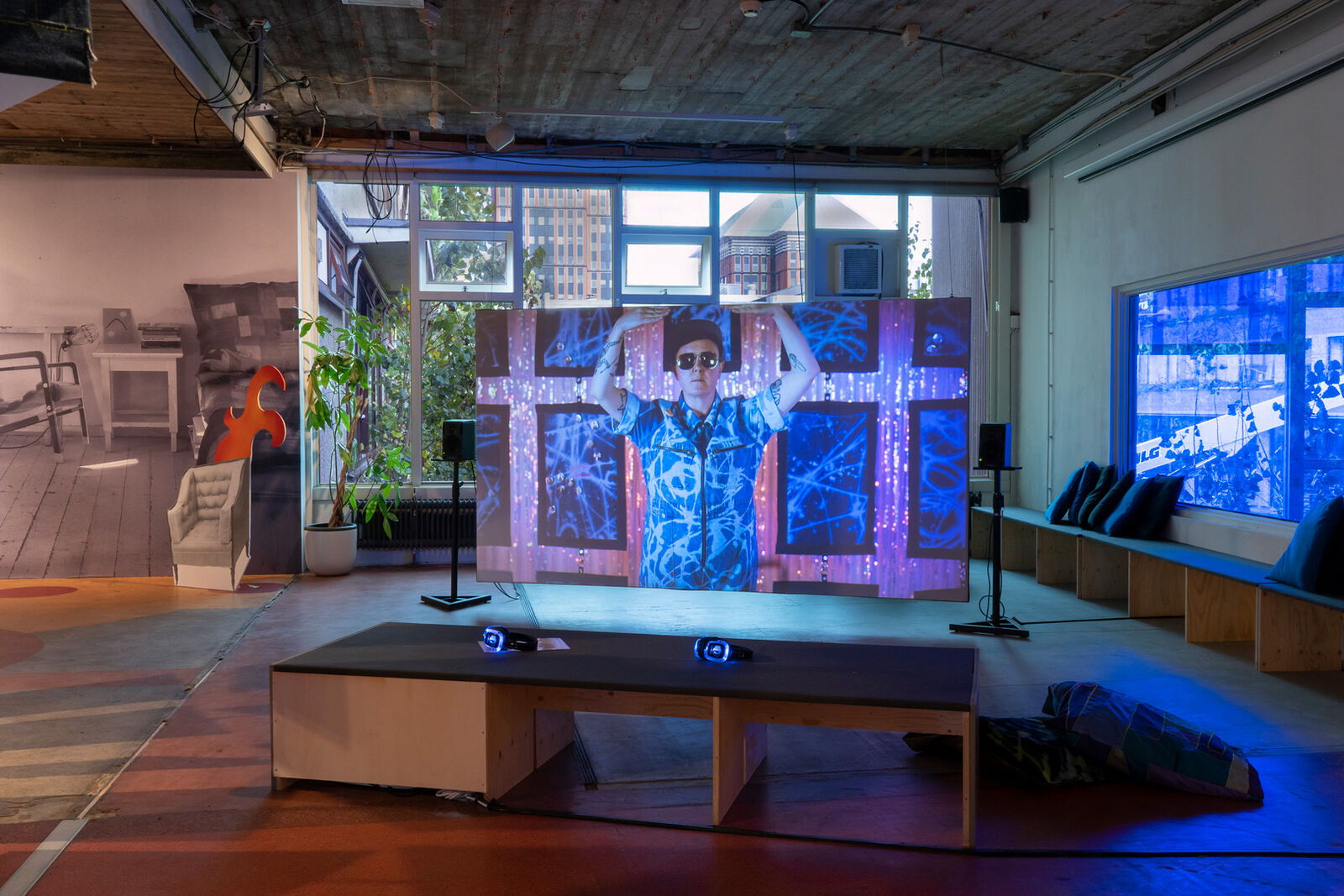
Beeld: Nicola Baratto
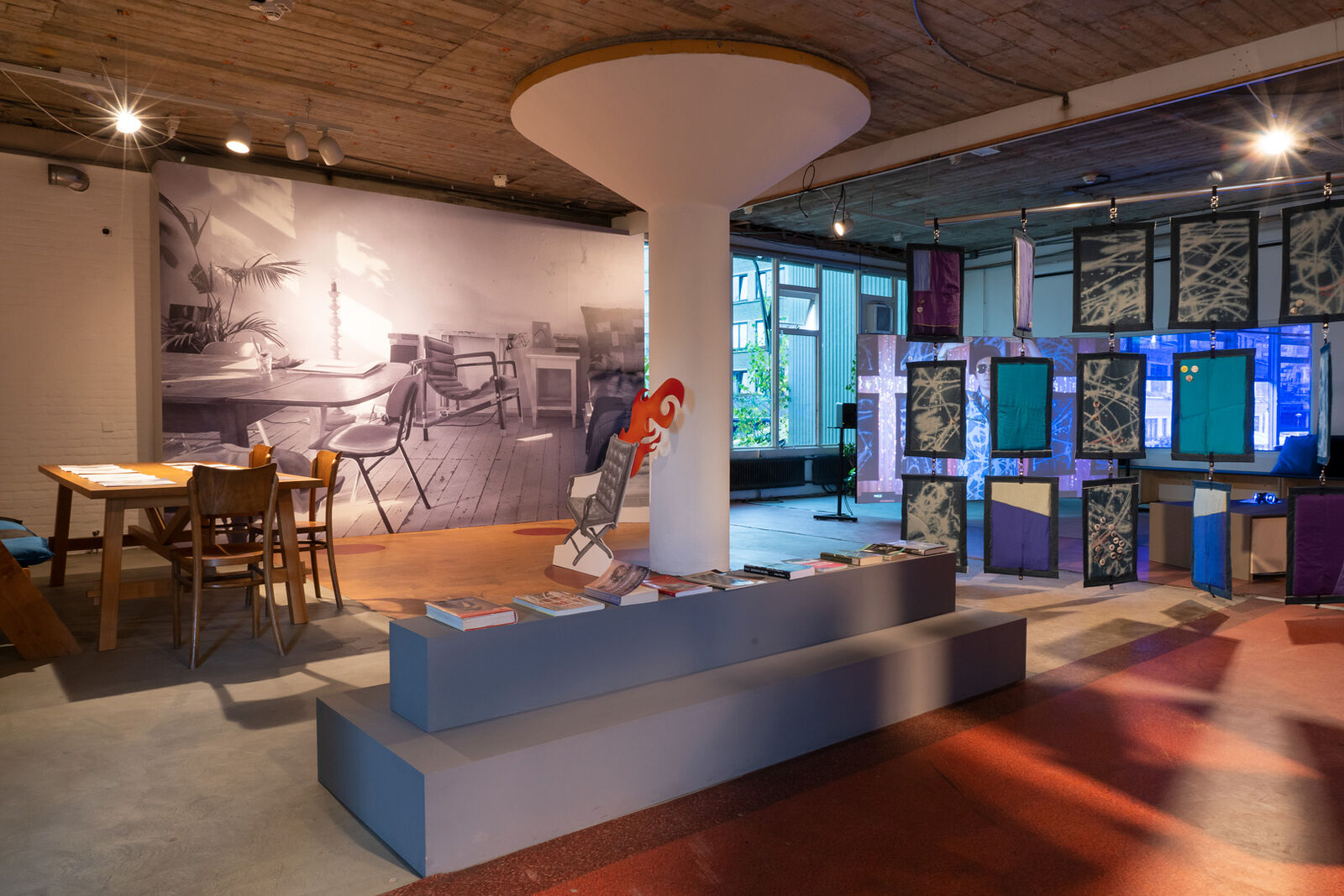
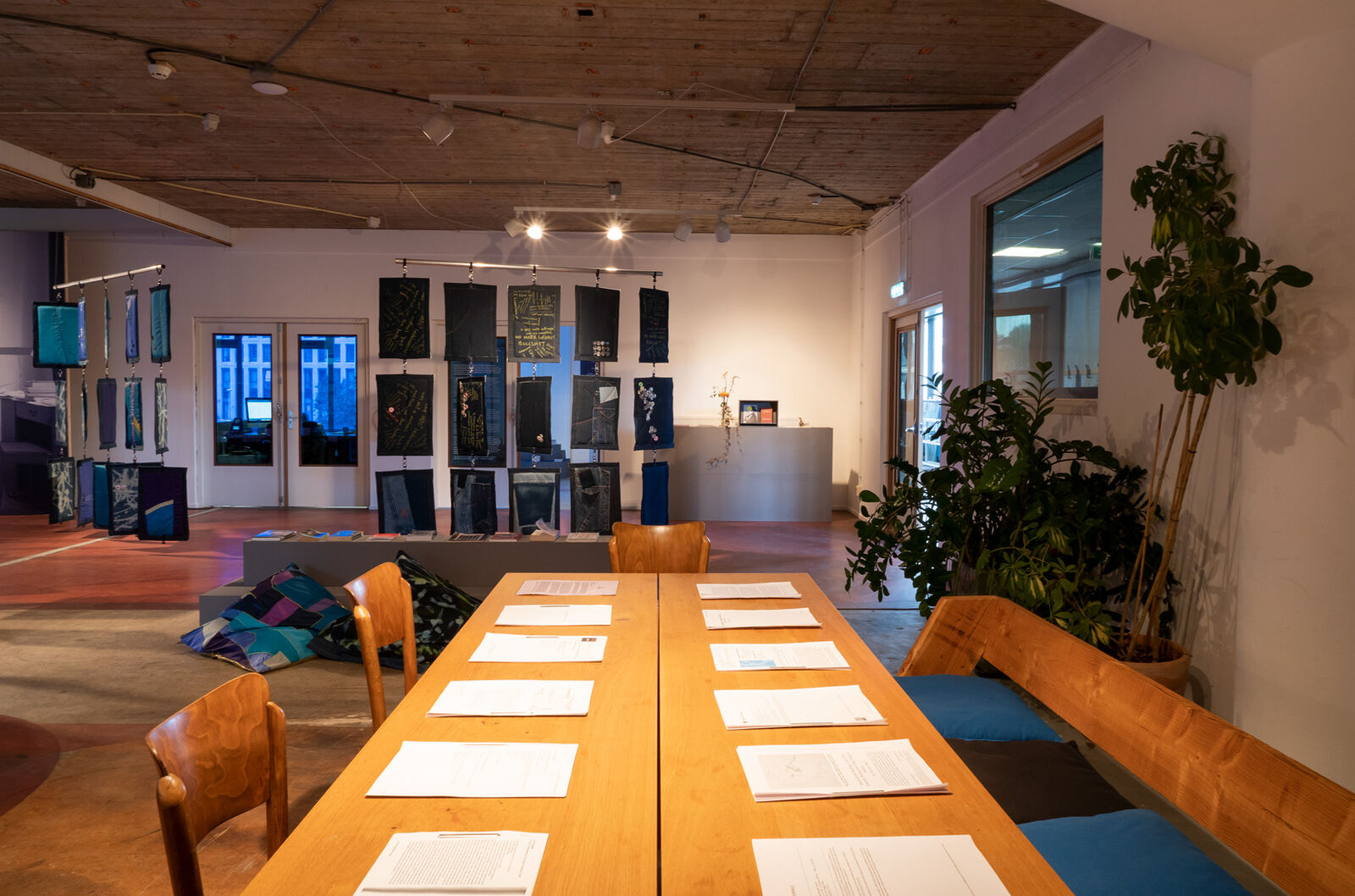
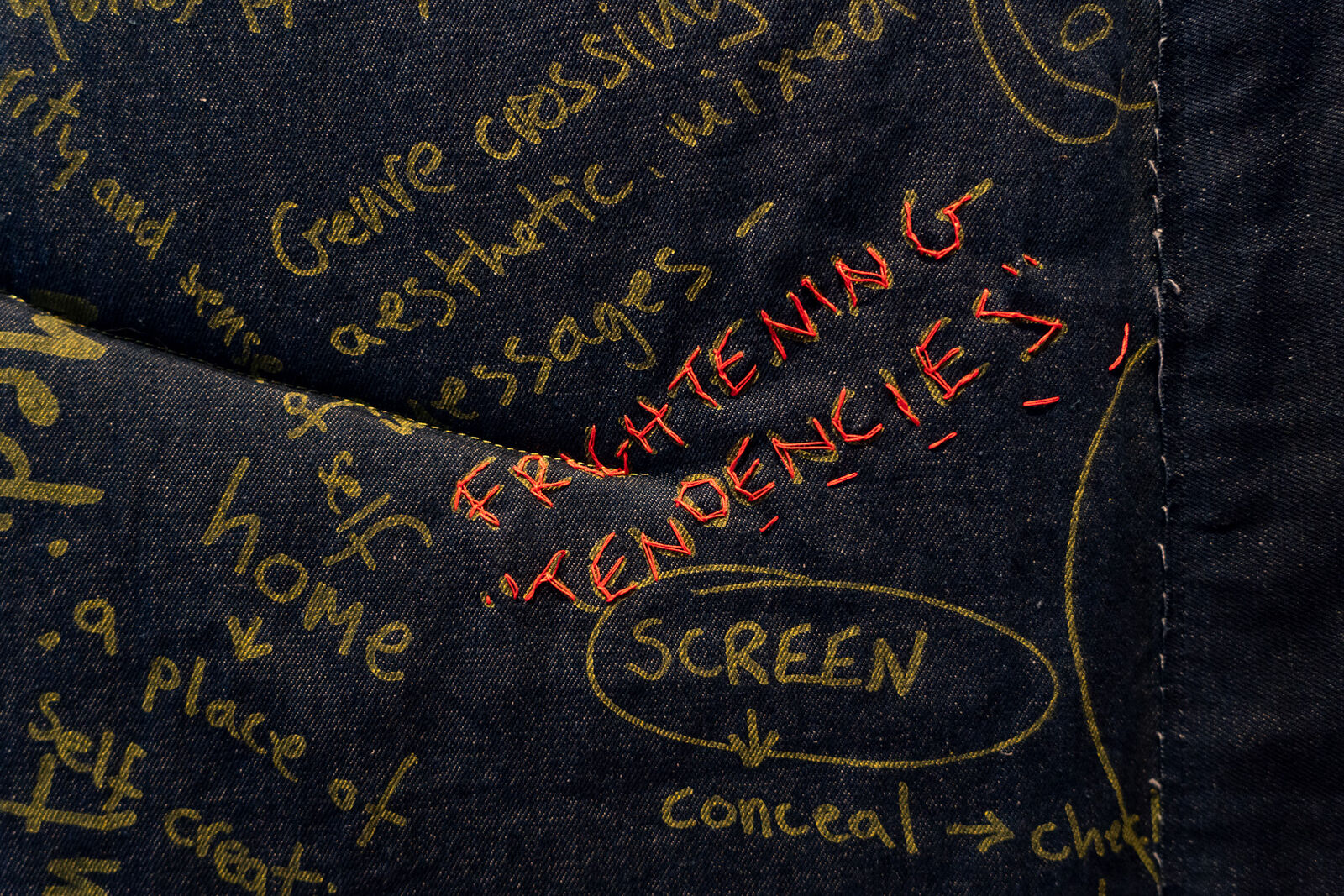
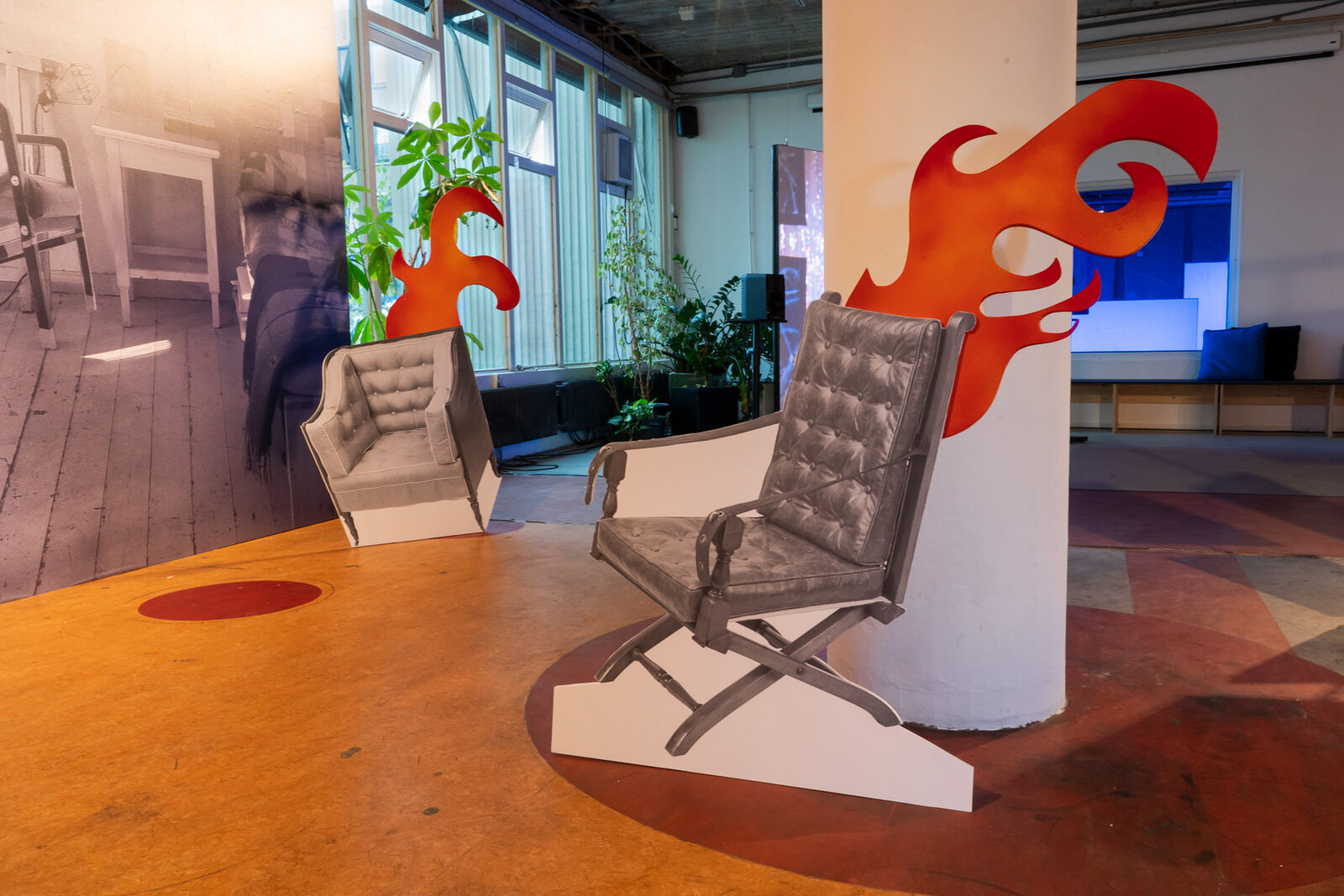
Emma Wolf-Haugh's Domestic Optimism deals with 20th century architecture. Specifically, it deals with its historical narrative and ongoing influence in relationship to the shifting norms within the social, cultural and economic evolution(s) of post-colonial western society. Wolf-Haugh is interested in the dilemmas that came with such transformation, especially the dilemmas of the pride with which modernism wrote its own historical narrative.
This project exhibits not so much an installation, as much as a collection of works and ongoing research. As a whole Domestic Optimism focuses on the life and work of Irish-born self-taught modernist architect Eileen Gray (1878-1976) whose work is only recently enjoying visibility, however whose queerness – in life and her designs – was never quite recognized or understood.
Emma Wolf-Haugh questions the choices that are made in omitting such aspects from a legacy, and through meticulous research, constellational storytelling, and a fair dose of irony, a different story is offered here. Sculptures, large-scale vinyl prints, activist zines, textile screens and the remarkably enthusing film Domestic Optimism, Act One: Modernism – A Lesbian Love Storyall come together to portray an alternative to the patriarchal narrative that has resounded so strongly since modernisms self-proclaimed inception. Thereby they reveals complex but also fascinating insights about identity politics, universality, fascism, individualism and collectivity at the time, as well as about the heirs of today.
De Appel's brutal late modernist building in Nieuw-West is an exceptionally suitable location for such a project, because its changing purpose – its architectural design, historic role as a school, current role as a anti-squat cultural hub, and future as beacon of a new city-center - make stark the precarity that comes with such processes. Making clear also how the values of private life, as well as the actual physical (re)development of urban reality, are determined and often deployed in relationship to architecture and city-planning, both historically as well as now.
Wolf-Haugh proposes a decolonial, queer and working class reading of architecture, furniture and modernist aesthetics, taking Gray's work in particular as a starting point. Using methods that repeatedly question the normativity of the masculine modernist canon and the experimental forms associated with modernism, Wolf-Haugh emphasizes the importance of solidarity, friendship, and the transformative potential of collective work in development. of new forms of social and spatial cohesion. Colonial aesthetics, legal processes due to obscenity, masculine hysteria, sexology, the production and cover-up of the lesbian in modernity, and the collapse of post-war social housing projects: it all comes across in Domestic Optimism.
Our gratitude goes out to Culture Ireland, for making this project possible.
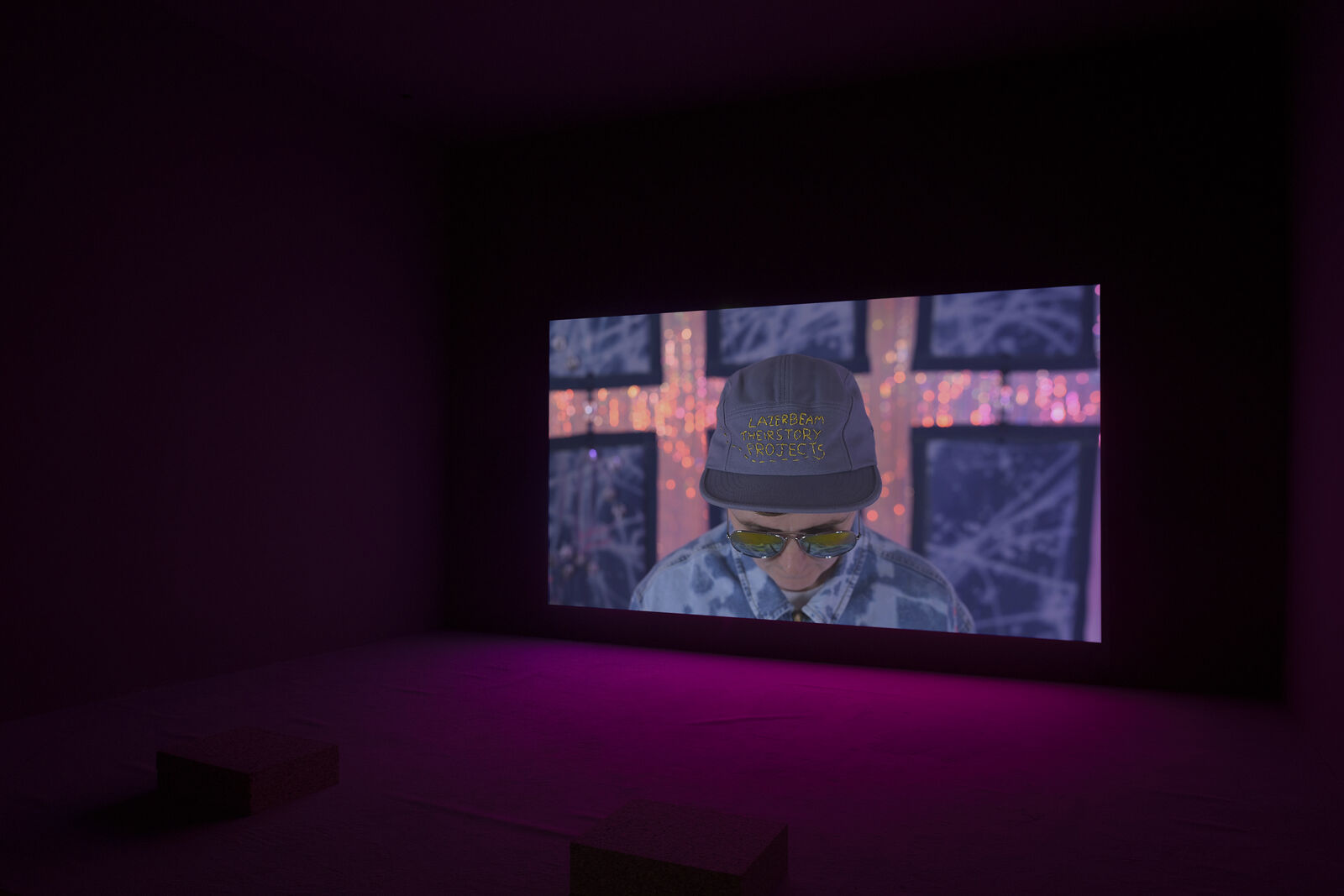
Image: Louis Haugh
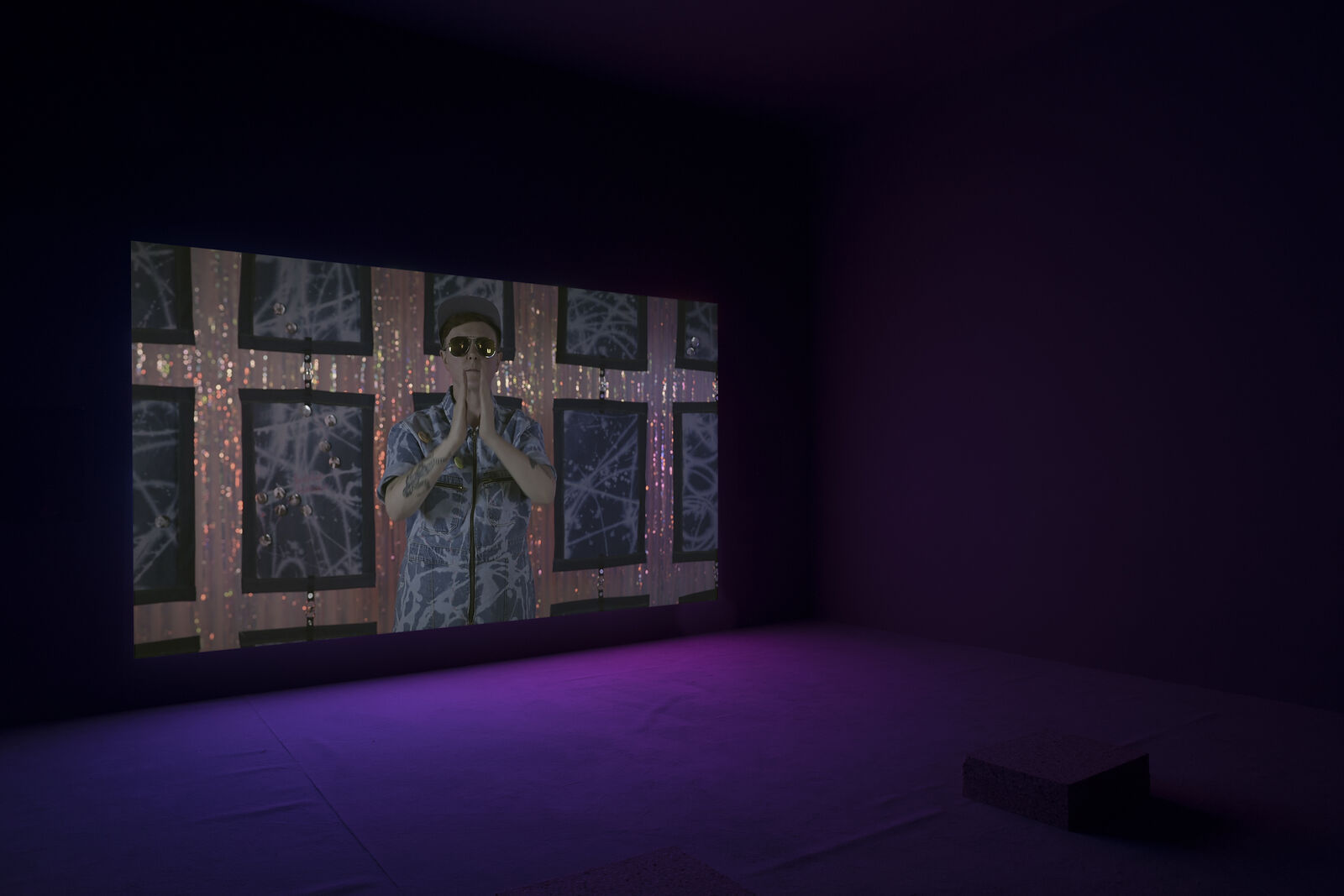
Image: Louis Haugh
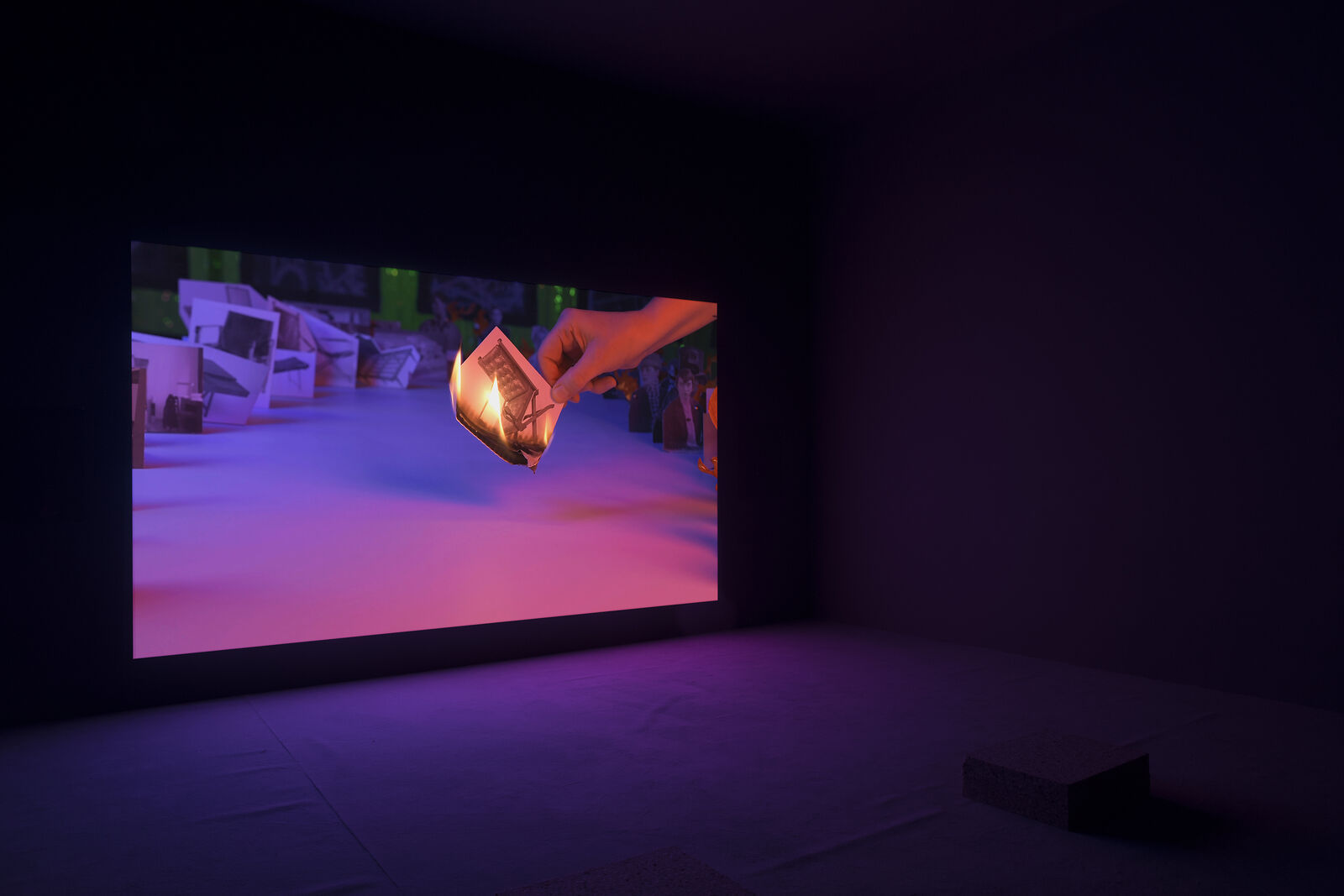
Image: Louis Haugh
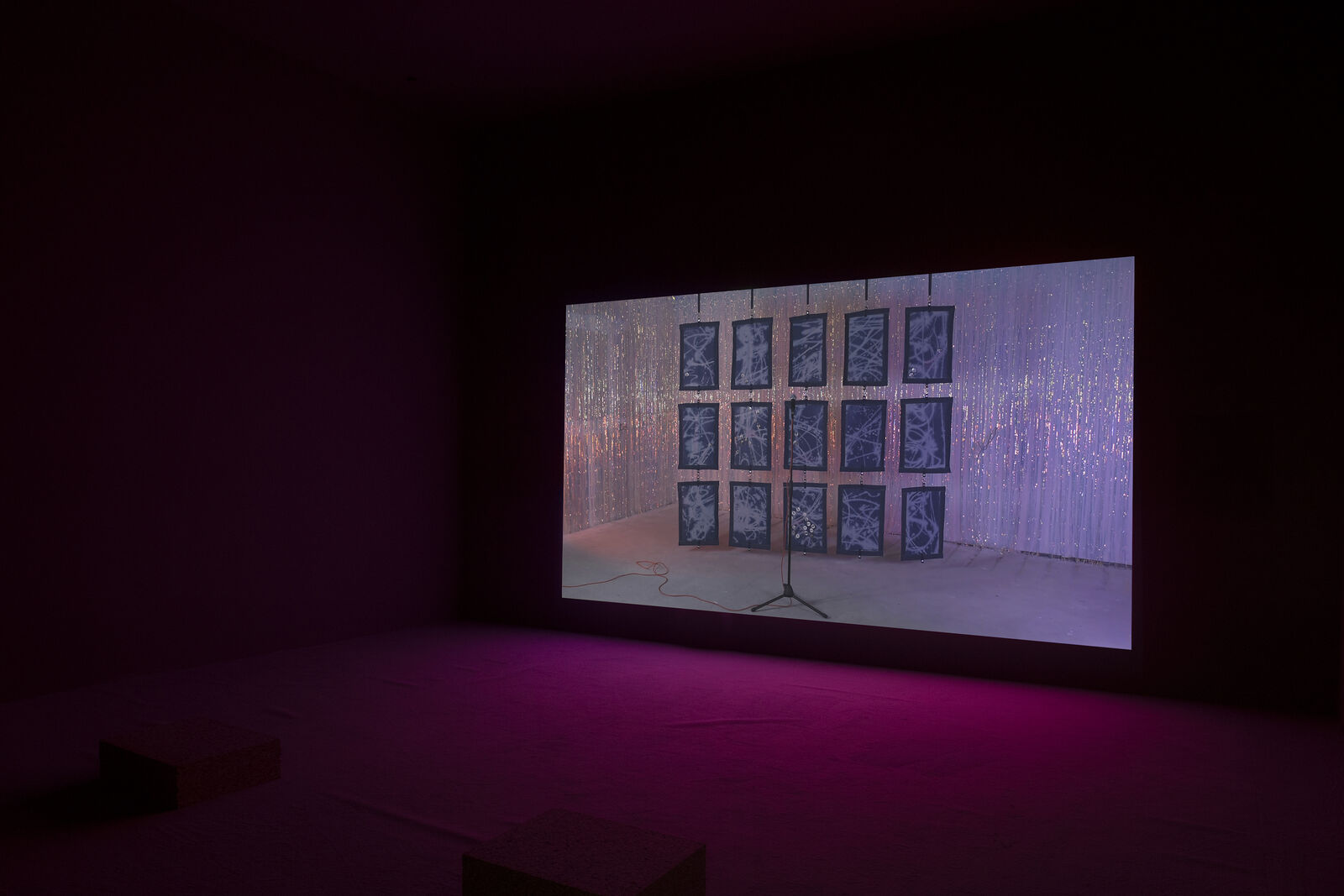
Image: Louis Haugh
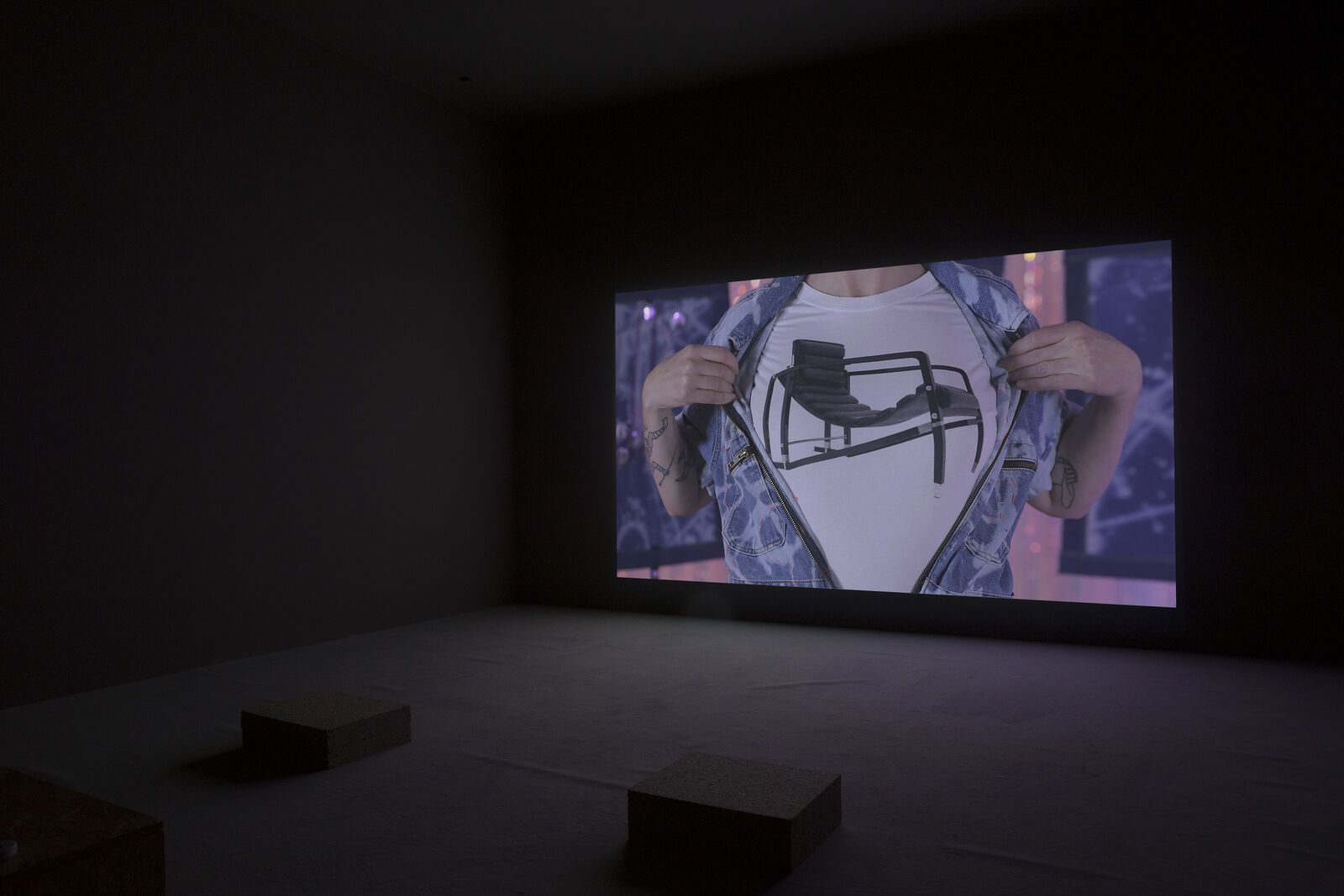
Image: Louis Haugh
About the artist
Emma Wolf-Haugh is a visual artist and educator based in Dublin and Berlin. Weaving together installation, performance, publishing and collaborative workshop techniques, they is interested in re-orienting attention in relation to cultural narratives, developing work from a queer/feminist questioning based on asking ‘what is missing?’ Their practice is informed by previous experience in theatre and queer DIY club scenes, both sites where spaces and spatial relations are generated temporarily. The stage and the dance floor or darkroom are designed to focus attention via a set of aesthetic practices, including the manipulation of audio/visual, moveable hard/soft architectures, ephemera and the performing body. This has led to a continuing engagement with the aesthetics of club culture along with questions of spatial politics and an incorporation of theatricality as a means of making propositions.
Emma Wolf-Haugh is co-founder of the artistic/curatorial collective ‘The Many Headed Hydra’ together with Suza Husse, the artistic director of District Berlin.
